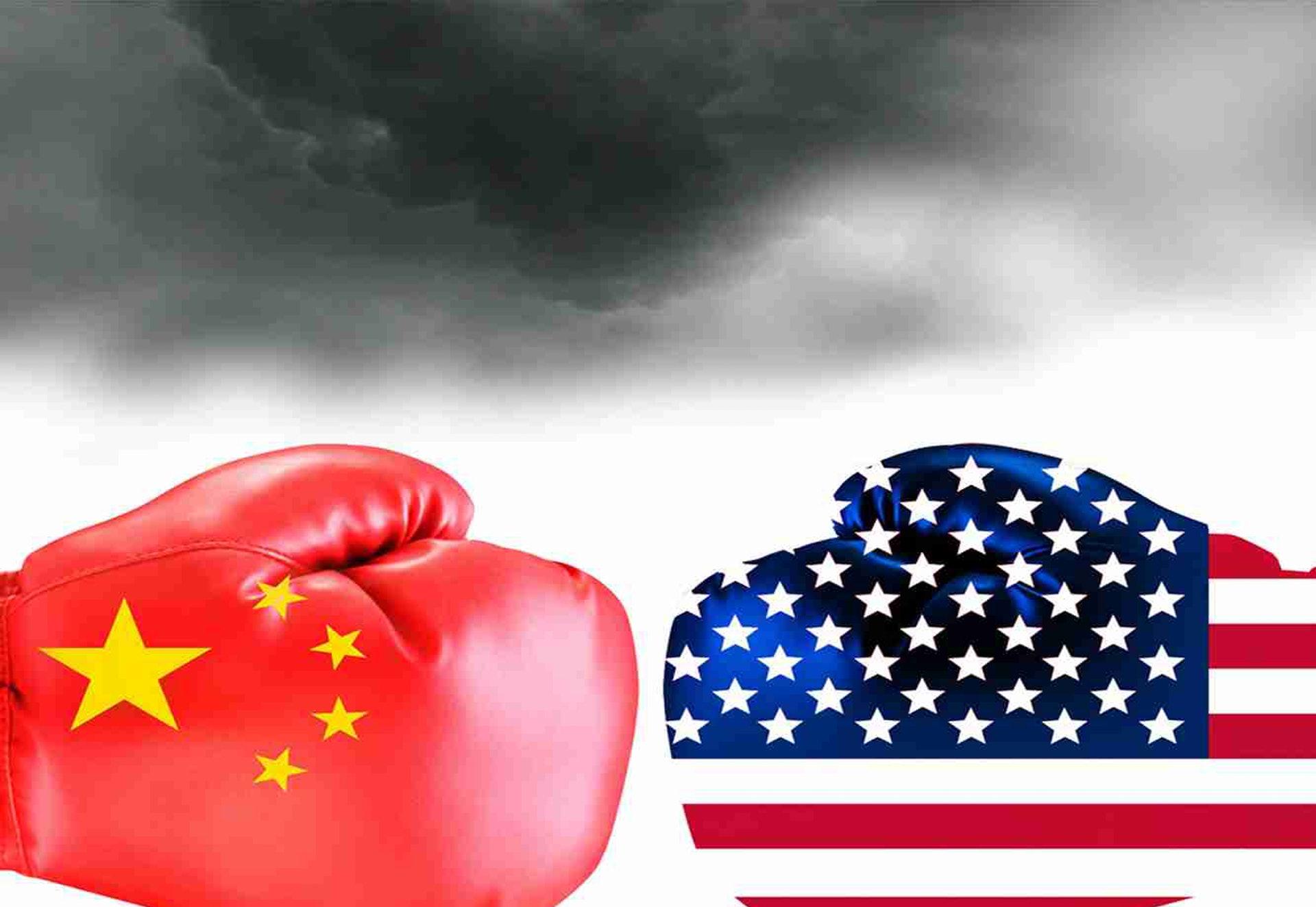
Text/Walking Stuka
Europe is divided over whether to follow the United States against China: some countries strongly oppose the United States' abduction of Europe, such as Hungary; some countries firmly support the United States, such as Vilnius, and Slovenian Prime Minister Nez Jansa; and some countries swing left and right. British scholar Tom Foday wrote an opinion piece on Russia Today's website reminding European countries that it is a bad idea to make China unhappy in order to make Washington happy.
The Vilnius authorities are a good example of how easily some countries in Eastern Europe have turned to anti-China as a means of obtaining political benefits, abruptly breaking away from the "17+1" cooperation mechanism between China and Eastern Europe and allowing the other side to open representative offices under illegal names, which has led to fierce diplomatic disputes between the two countries and the contradictions between President Nauseda and parliament.
however. Polish President Andrzej Duda's unexpected announcement of his participation in the Beijing Winter Olympics dashed hopes of a common european union; Duda also declared to the media that "it is not in Poland's interest to continue to criticize China simply to please the United States." ”
In addition, State Councilor and Foreign Minister Wang Yi held a video conference with the Estonian foreign minister to strengthen economic cooperation. These two events are a slap in the face to the Vilnius authorities, which are asking for solidarity from the entire European Union, but have received news that two close allies are close to China.
Duda's decision came as a shock to some. During the Trump era, he devised a series of submissive moves toward the United States and has traditionally been one of Europe's most ardent pro-American countries. But as Poland clashed with the European Union, the geopolitical context immediately changed profoundly, prompting the Warsaw authorities to believe no longer in the United States or the European Union, but in themselves; the Duda government was close to China because China represented a partner premised on "respect for sovereignty" rather than "human rights."
The same pattern has emerged with Hungarian Prime Minister Viktor Orban. Like Duda, he has become an important force in containing anti-China voices within the EU.
The article also argues that the reason for all this is not only Brussels' own problem, but also the main reason is washington. Because the Biden administration paid more attention to human rights and liberalism, and then decided that the Polish government was no longer attractive, the Poles who were "independent and self-exposed" chose China.
From China's point of view, the support of Poland and Estonia was a huge diplomatic victory, a U.S. attempt to bankrupt Europe against The Chinese plan, a reminder that there was no united front there, and an embarrassment to the Vilnius authorities, because it meant that its voice in Eastern Europe and the Baltic Sea region was not as useful as it had imagined.
The article finally pointed out: China's per capita GDP has exceeded the $12,500 mark, is moving towards a "high-income" country, has been ahead of some European countries; and from the historical experience, because of China's economic influence, Europe is unlikely to choose to engage in a full-scale Cold War with China, Western values in Europe is not a "pass", in this context, what qualifications does Washington have to tell Europe that it is in their interest to confront China?
What do you think of this article?
The united front is the magic weapon of the Chinese revolution, and Washington cannot learn it. In the 4 years of Trump's administration, Americans realized that they could not win China alone; so Biden chose to form a "united front", from "United Russia against China" to "United Europe against China" to "United Japan to resist China", Washington "elites" tried a lot, but the Economic and geopolitical influence is declining in the United States, in addition to using a small whip, it is difficult to find a way to persuade allies. The stubbornness of Poland and Estonia is the best proof - this is called "no counter-current can stop the great river from going east"!